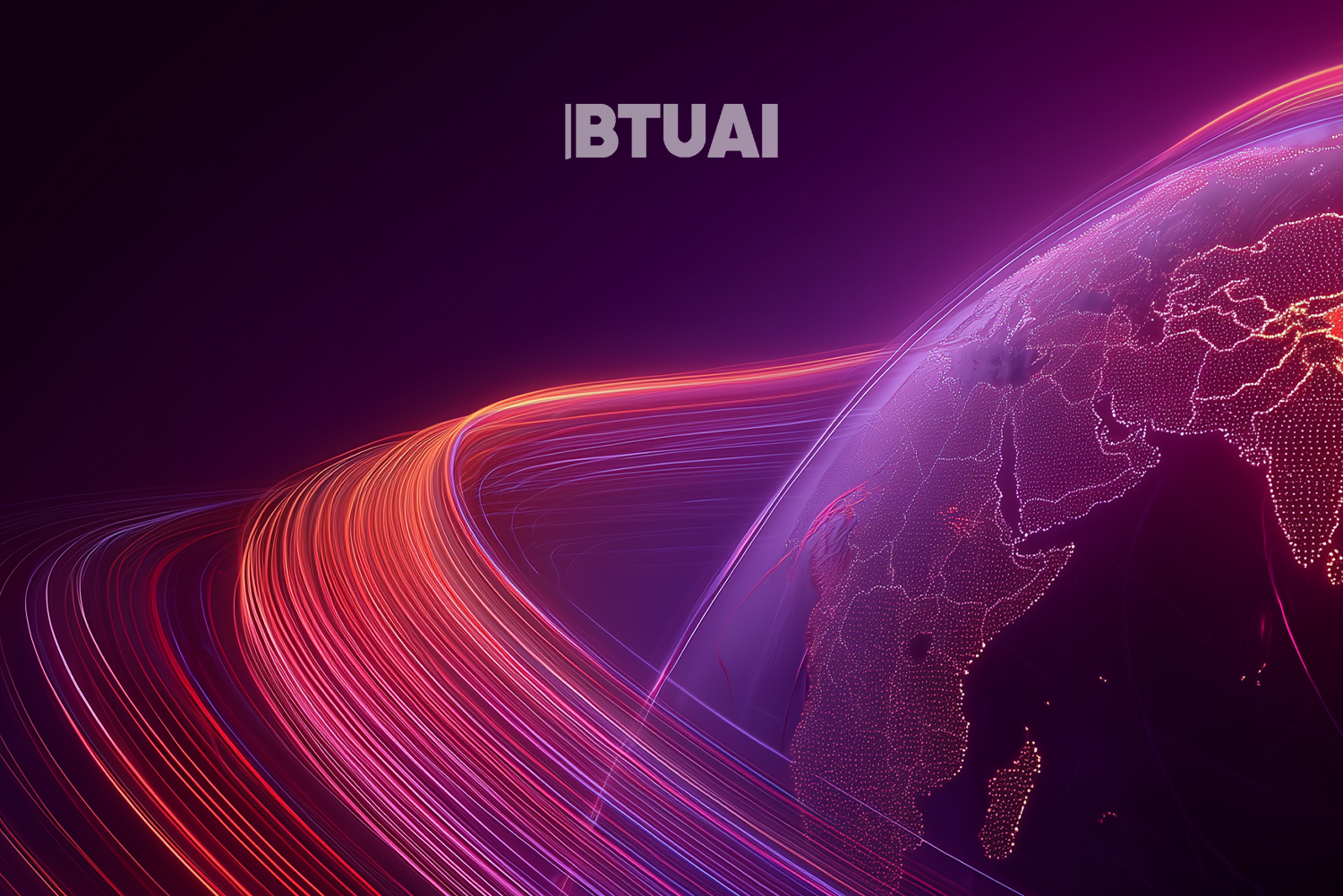Georgia and Digital Nomads: Where the Country Stands in the Global Landscape
In the last decade, digital nomadism has shifted from a niche lifestyle to a mainstream feature of the global

In the last decade, digital nomadism has shifted from a niche lifestyle to a mainstream feature of the global workforce. Countries across continents are competing to attract this mobile class of professionals, who bring foreign income, demand new services, and reshape local economies. To lure them, governments are rolling out special visas, tax breaks, coworking spaces, and lifestyle packages. Georgia — with Tbilisi and Batumi at the forefront — has rapidly gained recognition as one of the most liberal and affordable hubs. But how exactly does Georgia compare with other nomad destinations worldwide, and what niche does it occupy?
Visa and Immigration Regimes – Georgia’s visa openness is unmatched. Citizens of over 90 countries can stay one full year visa-free, no paperwork required. This places Georgia at the top of global accessibility. Portugal requires digital nomads to apply for a visa with strict income checks (about €3,000/month). Estonia pioneered the Digital Nomad Visa in 2020, but limits stays to 6–12 months and demands €3,500 monthly earnings. Mexico offers temporary residence permits of up to four years, but requires proof of ~$2,600/month income. Thailand relies mainly on tourist visas with constant renewals, while Dubai offers a one-year remote work visa but at a $5,000 monthly income threshold. Compared to these models, Georgia’s regime is radically simple and attractive, though less controlled.
Taxation Models – Taxation is where Georgia truly stands out. Registering as an Individual Entrepreneur with “Small Business Status” allows nomads to pay just 1% tax on annual revenues up to $165,000. This is one of the most generous schemes in the world. Portugal’s once-famous Non-Habitual Resident (NHR) regime, which gave foreigners 10 years of tax breaks, is being phased out after fueling housing crises. Estonia applies a flat 20% income tax and 33% social contributions for those staying more than 183 days. Dubai is tax-free, but living costs erode the advantage. In Thailand and Mexico, many nomads operate in legal gray areas, often paying no tax at all. Georgia thus positions itself as a structured low-tax haven — more favorable than Europe, more predictable than Bali or Thailand, and cheaper than Dubai.
Housing and Cost of Living – The sharpest effect of nomad inflows is seen in housing. Tbilisi and Batumi were once considered highly affordable, but since 2022 rents have surged. A central one-bedroom in Tbilisi now averages $600–800, in Batumi around $500 during summer. These are bargains for Europeans or North Americans, but painful for Georgians, whose salaries often hover around $500. Lisbon illustrates the danger: expat demand pushed rents beyond locals’ reach, triggering protests. Mexico City and Medellín show similar tensions, as expat districts gentrify rapidly. Chiang Mai in Thailand remains on the ultra-affordable end ($250–400/month), while Dubai sits at the premium extreme ($1,700+ for a one-bedroom). Georgia now occupies a “mid-range affordable” category: more expensive than Southeast Asia or Latin America, cheaper than Europe or the Gulf.
Social and Cultural Integration – Georgia benefits from its famous hospitality. Many nomads report feeling welcomed and safe in Tbilisi and Batumi. Yet the 2022 Russian influx changed dynamics, sparking sensitivities. Rising rents and visible cultural differences have caused some resentment among locals, echoing Lisbon (where protests target “expat arrogance”) and Medellín (where gentrification complaints are growing). Bali shows what happens if integration fails: local authorities were forced to issue cultural codes of conduct and even deport misbehaving foreigners. Georgia is not there, but the risk of parallel societies — expats in their bubbles, locals feeling excluded — is real. For now, Georgian traditions of hospitality soften tensions, but proactive integration will be needed.
Infrastructure and Ecosystem – On infrastructure, Georgia is competitive. Internet is fast and cheap, coworking spaces are expanding in Tbilisi and Batumi, and café culture is tailored to laptop workers. Healthcare is functional but not premium, and transport is weak: Tbilisi has a limited metro, and intercity links are fragmented. Compared with Tallinn’s world-class e-governance or Dubai’s flawless infrastructure, Georgia lags; but it outperforms many emerging hubs like Chiang Mai or Medellín in terms of reliability and balance of cost to quality. It sits in the “functional but affordable” bracket: sufficient for productive work, though not high-end.
Who Comes to Georgia? – Different hubs attract different segments of the nomad population. Georgia’s sweet spot is freelancers and entrepreneurs in IT, design, and marketing, earning mid-level incomes ($2,000–5,000/month). Many are from Eastern Europe — Russians, Ukrainians, Belarusians relocating for geopolitical reasons — while Western nomads often rotate between Georgia and hubs in Europe or Asia. High-income corporate remote workers ($10k+/month) prefer premium destinations like Dubai, Lisbon, or Barcelona. Low-budget nomads still choose Chiang Mai, Bali, or Medellín. Georgia’s niche is the “mid-range freelancer hub”: open, affordable, tax-friendly, but not yet a premium or luxury market.
Conclusion
In the global competition for digital nomads, Georgia stands out as one of the most open, affordable, and tax-attractive destinations. It is neither the cheapest (like Chiang Mai), nor the most premium (like Dubai), but it dominates the middle segment: liberal, entrepreneurial, and relatively comfortable.
The opportunity is clear: Georgia can consolidate its status as the leading mid-range hub for freelancers and entrepreneurs, offering an unusual blend of freedom, low cost, and rich culture. But risks are visible too: housing inflation, social frictions, and very low tax revenues relative to economic activity.
Learning from others will be essential. From Lisbon: how not to let housing spiral out of control. From Tallinn: how to integrate nomads into smart governance. From Bali: how to avoid infrastructure overload and cultural backlash. From Dubai: how to balance services with inclusivity.
Georgia’s challenge is balance. If it stays ultra-open and ultra-cheap, inequality will deepen. If it adds smart rules and infrastructure planning, it could become one of the world’s most sustainable and distinctive hubs for digital nomads — not just another stopover, but a model of how to turn global mobility into shared prosperity.




